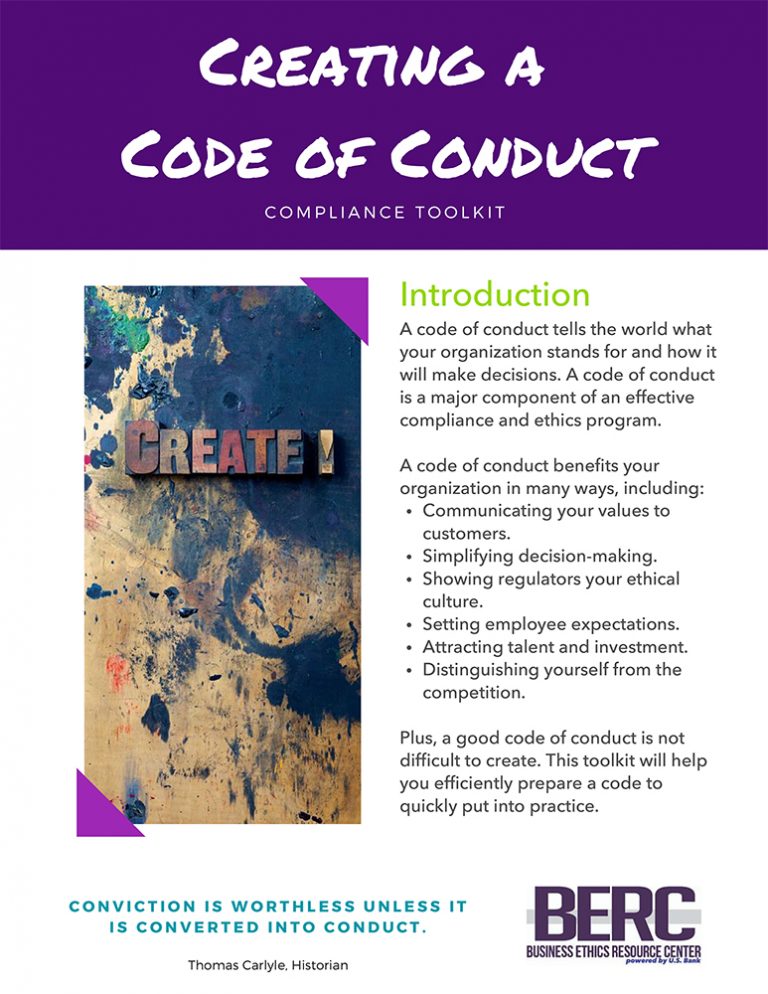Dr. Kenneth Goodpaster, Ph.D., professor emeritus at the University of St. Thomas
One way to think through a decision is to use the “four avenues.” Each “avenue” provides a different way to think about an issue. By working through all avenues, the final outcome is more likely to be ethically strong.
The four avenues are:
- Interests
- Rights
- Duties
- Virtues
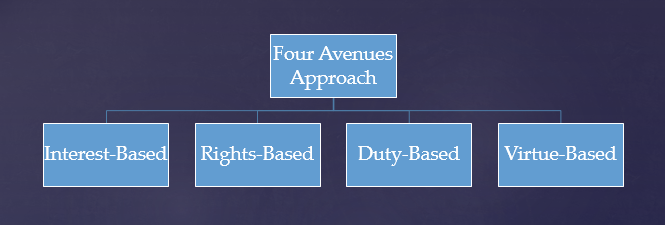
Let’s start with the “interest-based” avenue. In this avenue, you look at who has an interest in the outcome of the issue you are facing. The best decision here will be the one that satisfies the interests of the most parties, as shown below:
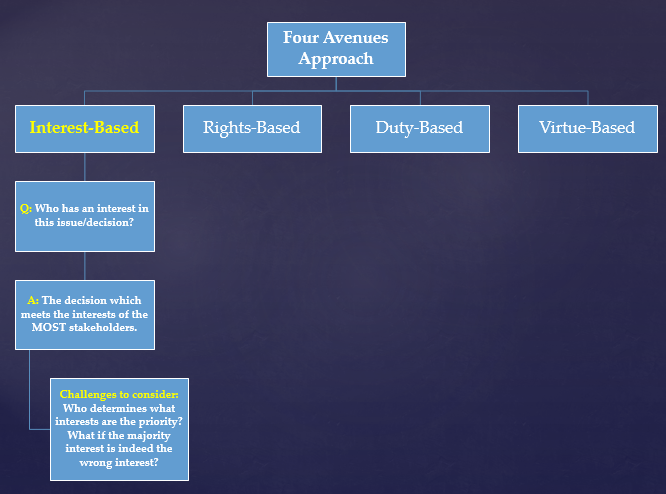
For the rights avenue, consider who has rights that might be affected by the decision. The best decision here is to avoid infringing on anyone’s rights.
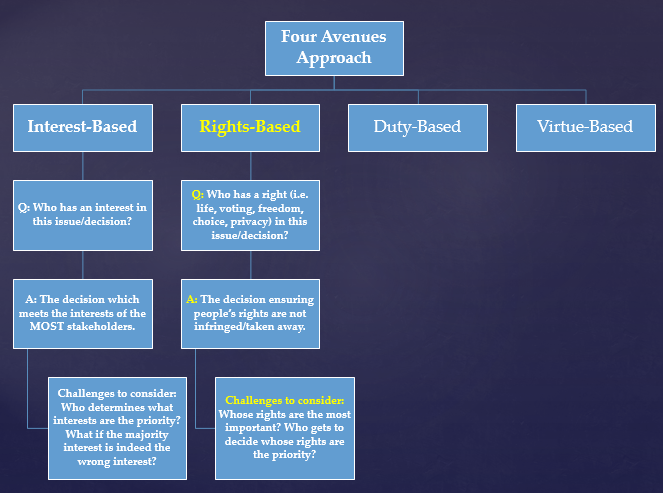
Next, think about the related duties. Who has a duty related to this issue? There may be a duty of loyalty by a board member toward a business, for instance. Here, look for the outcome that fulfills the needs of the larger community.
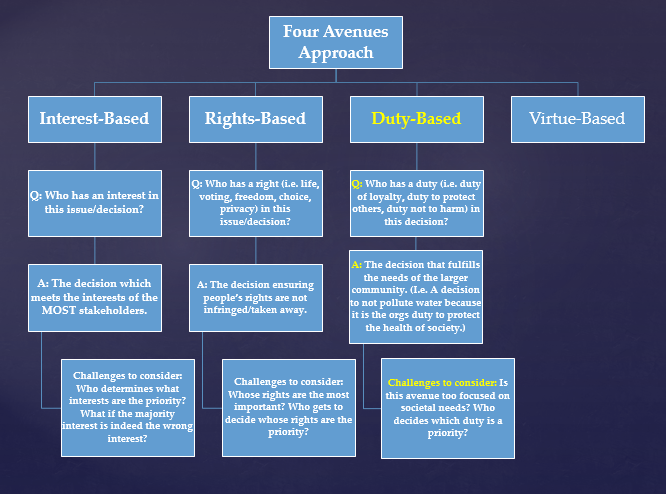
Finally, look at the virtues involved. What virtues are most important in this case? Is it most important to be honest or to be fair, for instance?
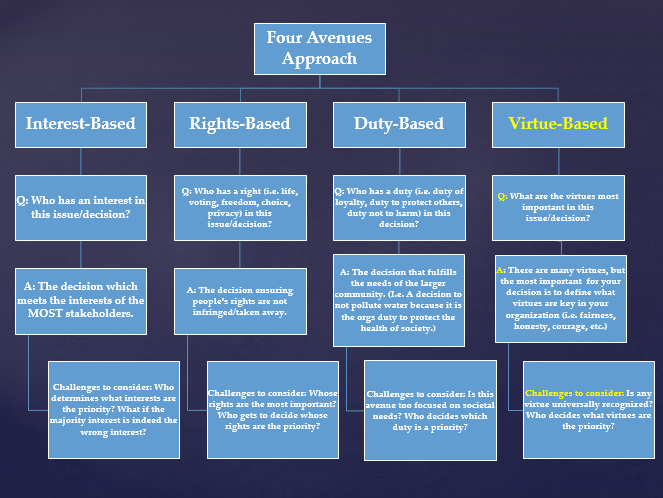
By “walking” down each of the avenues, you can analyze your issue from a range of different perspectives to reach the best outcome.

The Four Avenues used by permission of Dr. Kenneth Goodpaster.


